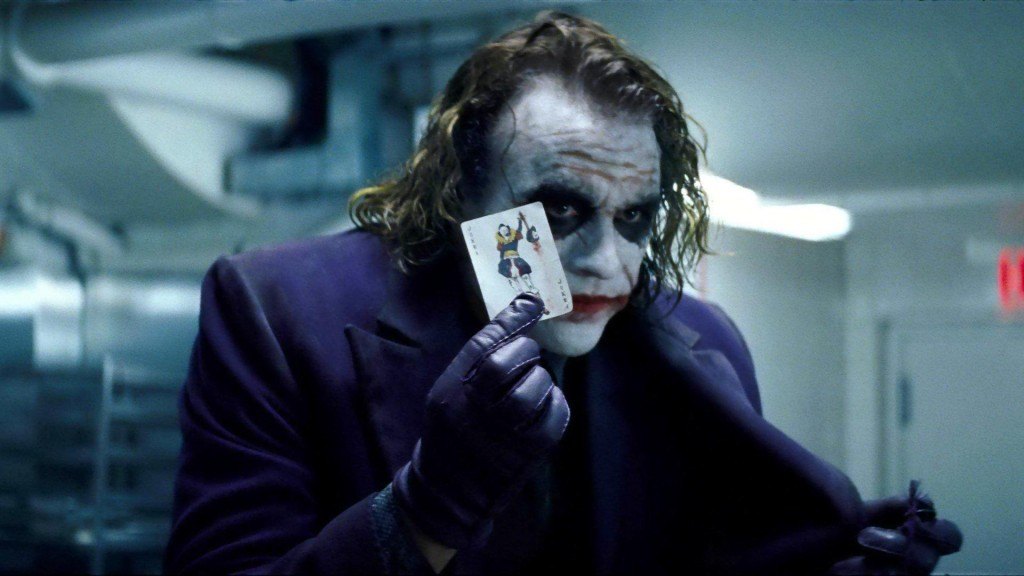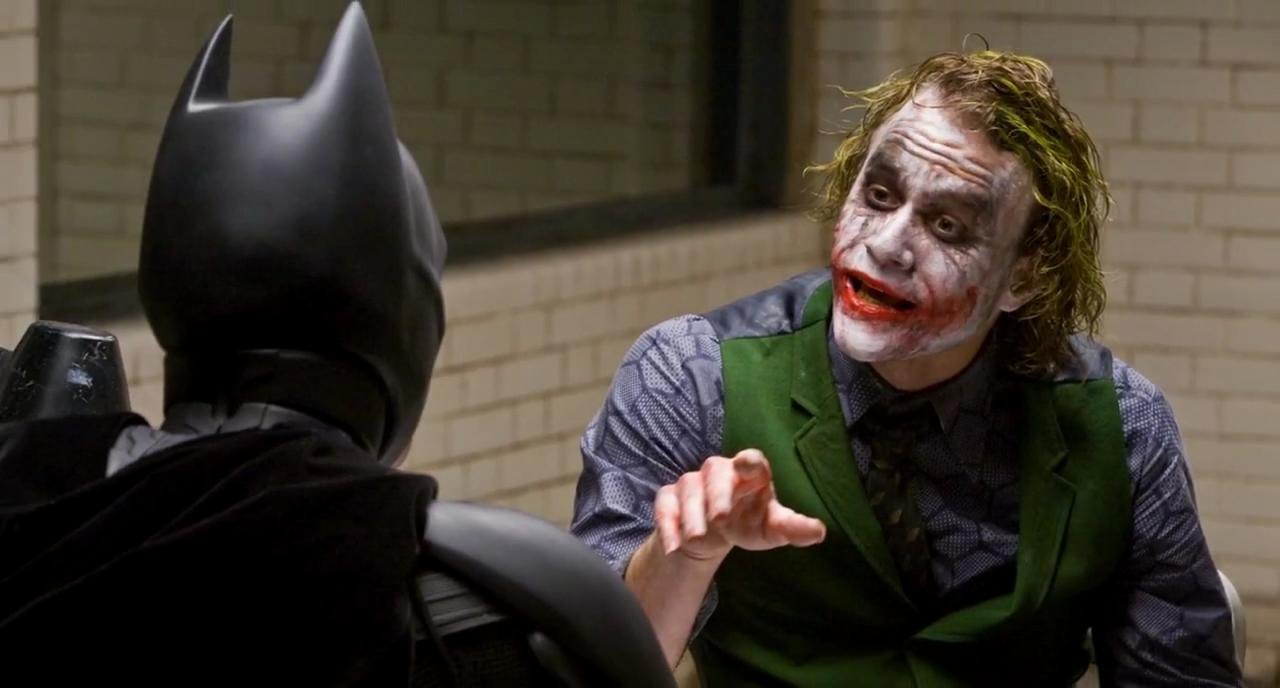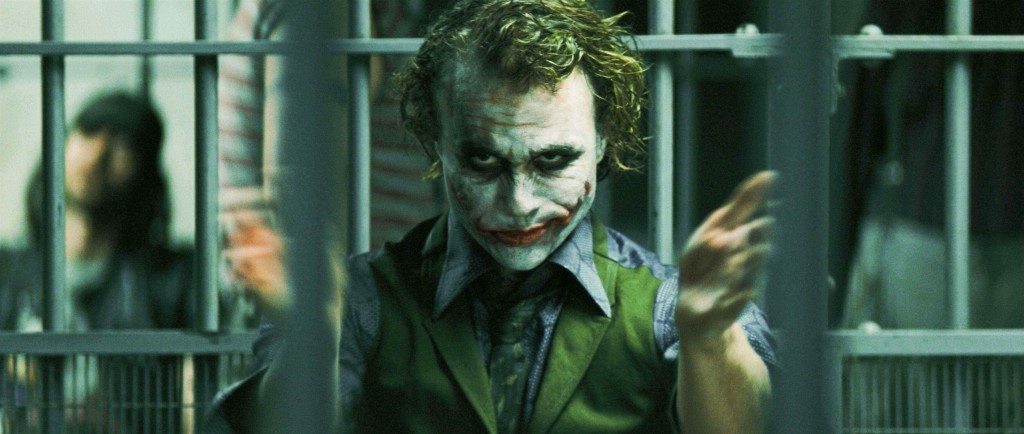(Warning: This is a reflection on the character that the Joker is and not its undeniably brilliant portrayal by Heath Ledger)
There is a certain melancholy; a dark expression which is attached to the Joker’s mould. His history is mired in doubts and his existence is mysterious which renders his presence raw and his actions impulsive.
Beyond the make up and the scars, it is the proximity to reality and the distance from the traditional concept of a villain that makes the character so vivid and real.
The Joker of ‘The Dark Knight’ is in fact an aggravated expression of a disenchanted person that we so often are in our daily lives. It is then only understandable why the Joker is so adored despite being a villain in a superhero film.

If The Batman is the thesis, the Joker is the anti-thesis, both existing together, inseparably. The characters are so diametrically opposite that their isolated existence is impractical. It would be perfectly believable if in another setting the Batman was just an alter ego of the Joker.
The dream of the Joker is in fact practically the same as that of ‘V’ in ‘V for Vendetta’; a lawless society where the rules are formed by the will of its members and not a superficial force. The only difference is that in the latter, it is painted as a promising possibility while the Joker does not make any attempts to do so. He believes that the world is as disillusioned as him but lacks the will to do anything about it, as reflected in the two-ship scene.
Read More: Why ‘The Dark Knight’ is Such a Genius Work, Explained
The Joker does not target any official buildings or politicians. He in fact targets the minds of the people which reflects that his war is more ideological than physical. In the process, he uses fear as a key to the minds of the people. His dream is to multiply himself (‘the unstoppable force’) through others until he meets the Batman, ‘the immovable object’.

The reality is that both the characters, the Joker and the Batman, are present in all of us, in whatever traces or bits. We can resist our temptations but practically, we can never put them to bed and sometimes even the best of us succumb to them. The Joker tries to prove the same by turning Harvey Dent into a villain and succeeds.
The novelty of the Joker lies in his modern interpretation to an idea presumably dead. What he dreams of achieving has been defeated time and again by the traditional echelons of authority. Anarchism practically has existed as an idea ever since man started to live in a society and in practice existed since the beginning of time until that stage.
The ‘madness’ (… Is like gravity) that the Joker reflects on at the end is in fact not an ailing mental incapacity but the deviation from the societal norms that his character broadly reflects. In his mind, he is so sure about his ideas that he does not care about the means. In the end, Gotham only remembers him for the means but his real legacy in Cinema would be for his ideas.
Read More: Why ‘The Dark Knight’ is Such a Genius Work, Explained

